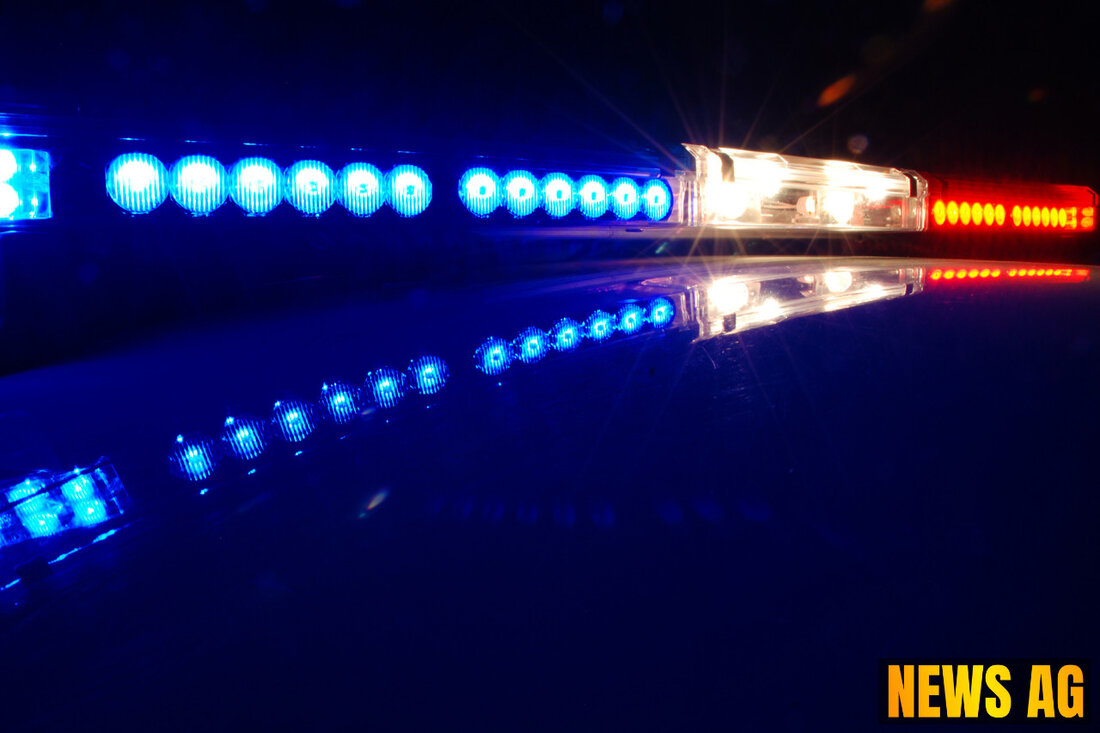Pastors Rally in Bartow: Calls for Body Cameras After Traffic Stop Scandal
Pastors in Polk County rally for body cameras after a controversial traffic stop of Reverend Sanders in Bartow.

Pastors Rally in Bartow: Calls for Body Cameras After Traffic Stop Scandal
On July 3, a gathering of pastors from Florida’s 400 African Methodist Episcopal churches at Fort Blount Park in Bartow sparked a significant conversation about police conduct and community trust. This event came in the wake of an incident involving Pastor Dontavius Sanders, who, on June 29, was pulled over for a broken tag light. The traffic stop escalated into what many described as profiling, harassment, and a controversial K9 search by Bartow police. Notably, no narcotics were found in Sanders‘ vehicle, and he has no prior drug arrests or outstanding warrants, raising questions about the appropriateness of the police behavior.
Bishop Marvin C. Zanders II, addressing an audience of more than 100, expressed his bewilderment at the incident. He noted the improvements the police department has made under Police Chief Stephen Walker, yet emphasized the urgent need for „basic human dignity“ in how community leaders like Sanders are treated. Zanders’ call for change included demands for body-worn cameras, an official apology for Sanders, and enhanced officer training on de-escalation tactics. “What will it take to prompt real change?” Zanders questioned, underscoring the gravity of the situation.
Calls for Body Cameras
As the conversation continued, Polk County’s Presiding Elder Jimmy Thompson weighed in, labeling the police conduct during the traffic stop as „egregious“ and „grossly disrespectful.“ Police Chief Stephen Walker, who attended the gathering, acknowledged the incident’s mishandling and cited the officer’s relative inexperience and the car’s heavily tinted windows as contributing factors to the stop. Walker issued an apology on behalf of the department and mentioned that changes would be forthcoming in how K9 searches are conducted.
Walker also expressed his support for the implementation of body-worn cameras (BWCs) but cautioned about the associated costs. Funding from red light traffic camera revenues could potentially ease this burden. According to The Ledger, the demand for BWCs by community leaders resonates with a broader movement across the nation for greater police accountability.
The Case for Change
The evolution of body-worn cameras reflects a significant shift in law enforcement practices aimed at enhancing transparency. The devices record interactions between police officers and the public, capturing both audio and video. Their use has surged since the early trials in the UK and Australia, with a notable increase in adoption across police forces, particularly in light of high-profile incidents involving police force against unarmed individuals, especially in communities of color. As PMC notes, by 2016, nearly half of sheriff’s offices in the U.S. had fully deployed BWCs, spurred by federal funding and public demands for accountability.
Interestingly, while studies suggest BWCs are associated with a reduction in official complaints against officers, they do not significantly affect the rates of use of force or arrests. The complexities of BWC effectiveness highlight the need for tailored implementation strategies sensitive to each community’s unique dynamics.
As the community grapples with the implications of the incident involving Pastor Sanders, it is clear that the integration of body-worn cameras could play a crucial role in rebuilding trust between law enforcement and residents. Discussions on enhancing police-community relations will continue with the city commission meeting scheduled for July 7, where Commissioner Leo Longsworth has promised scrutiny of police practices.
The event in Bartow not only shines a light on specific grievances but also emphasizes a collective demand for respect and accountability in law enforcement. Whether the calls for body cameras and procedural reforms will resonate enough to prompt action remains a pressing question for the community and its leaders.

 Suche
Suche
 Mein Konto
Mein Konto